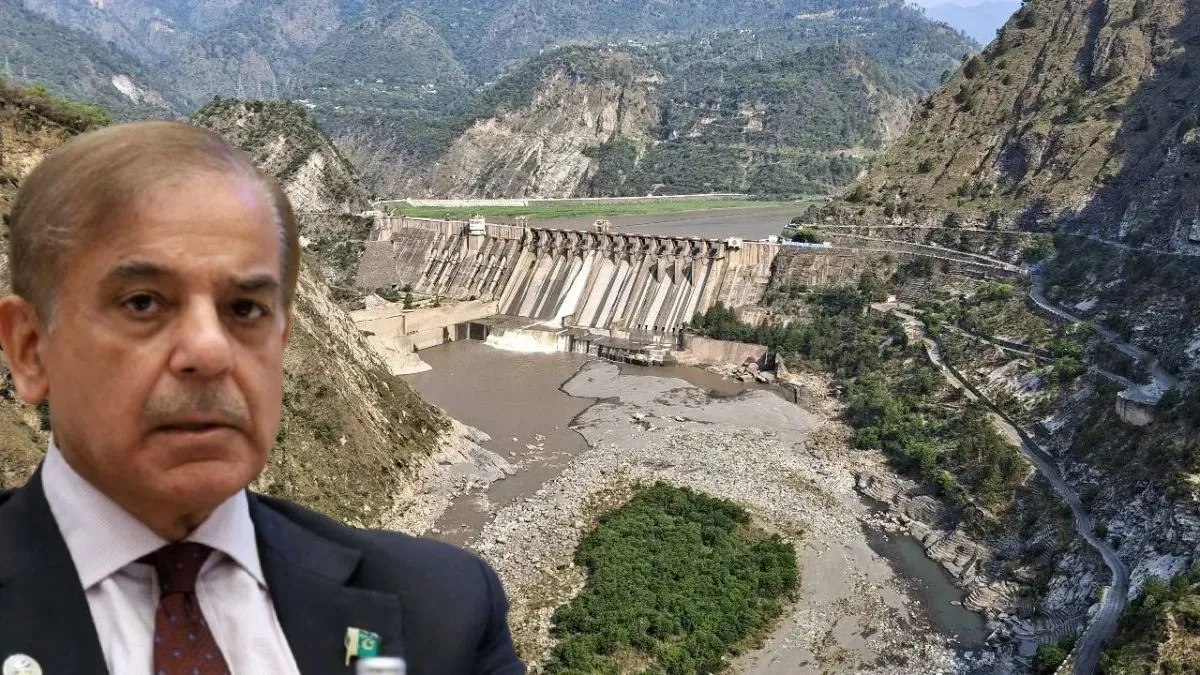- By Ajeet Kumar
- Fri, 24 Oct 2025 02:17 PM (IST)
- Source:JND
Months after India halted water sharing with Pakistan, Afghanistan joined hands in penalising Islamabad for harbouring terrorists and carrying out deadly attacks in its region. Sharing details of the planning, a Taliban official said it is planning to build a dam on the Kunar River.
The development came days after Pakistan carried out intensive attacks near the Kandahar region, killing scores of civilians living in the muddy houses in the border regions.
Taliban orders dam construction on Kunar River
On Thursday, Muhajer Farahi, Afghanistan's Deputy Minister of Information, announced on X that Supreme Leader Akhundzada has ordered the Ministry of Water and Energy to expedite dam construction along the Kunar River and secure contracts with local companies.
ALSO READ: 'Blood And Water Can't Flow Together': PM Modi Gives Clear Message To Pakistan On Indus Water Treaty
Why is it a big blow to Pakistan
The Kunar River, stretching 480 kilometers, springs from the Hindu Kush range in northeastern Afghanistan, just south of the Broghil Pass and near the border with Pakistan. It meanders southward across the Kunar and Nangarhar regions of Afghanistan before entering Pakistan's Khyber Pakhtunkhwa province, where it merges with the Kabul River in the vicinity of Jalalabad. Within Pakistan, this waterway is known as the Chitral River.
The Kabul River, which receives the Kunar, stands as the most substantial and water-rich shared river system linking Afghanistan and Pakistan. It eventually converges with the Indus River close to Attock, playing a vital role in supplying irrigation and essential water resources for Pakistan, particularly in Khyber Pakhtunkhwa. Any decline in the Kunar River's volume could trigger downstream repercussions for the Indus, ultimately affecting Punjab province as well.
Why did Taliban announce to penalise Pakistan?
A day after the Pahalgam terror attack on April 22, India took a series of punitive measures against Pakistan that included putting the Indus Waters Treaty of 1960 in "abeyance". Similarly, the ground fighting between the one-time allies and Pakistani airstrikes across their contested 2,600-km (1,600-mile) frontier were triggered after Islamabad demanded that Kabul rein in militants who had stepped up attacks in Pakistan, saying they operated from havens in Afghanistan.
Later, both nations agreed to an immediate ceasefire during talks in Doha after a week of fierce border clashes, the worst violence between the South Asian neighbours since the Taliban seized power in Kabul in 2021.
(With inputs from agency)

